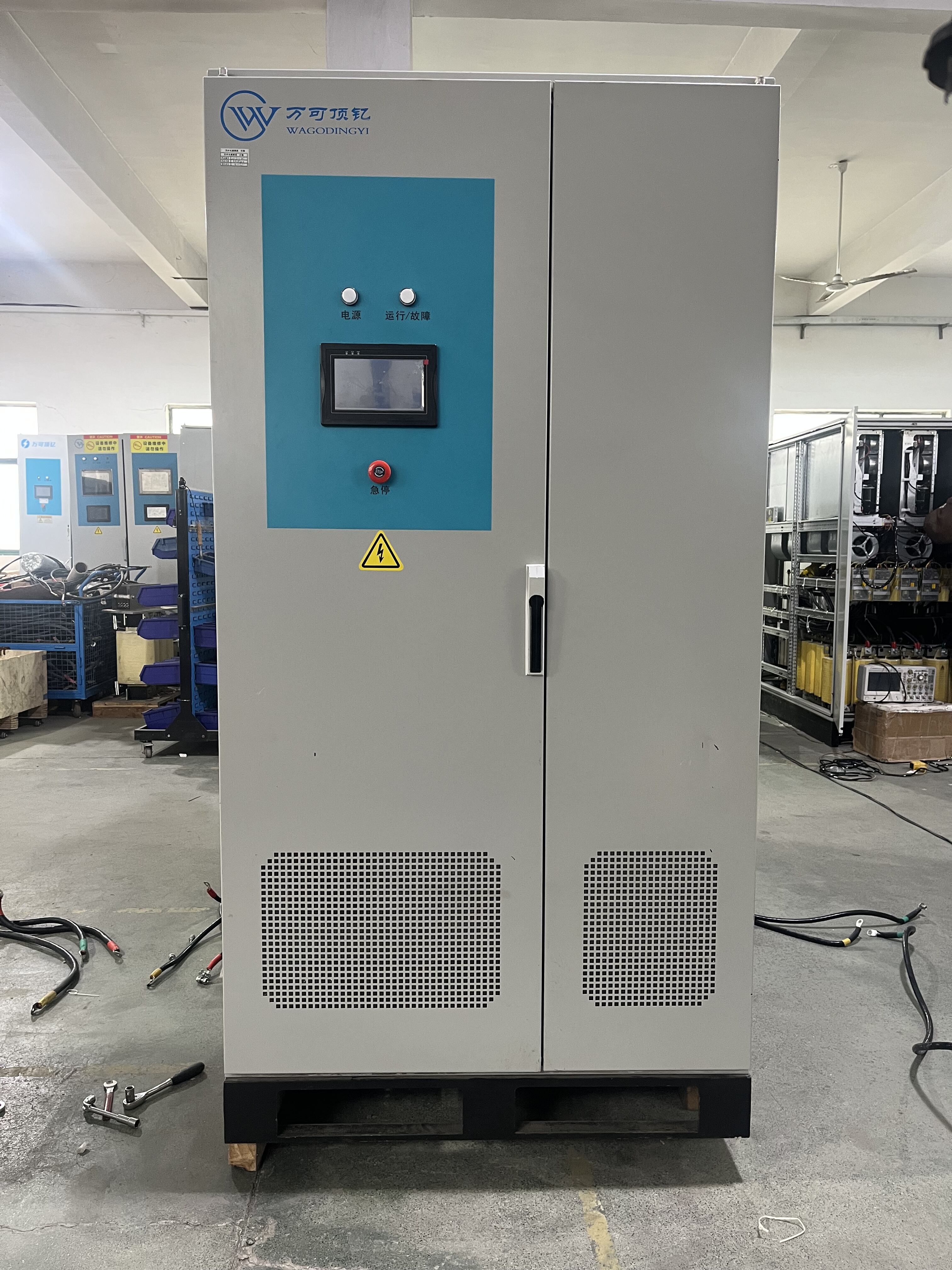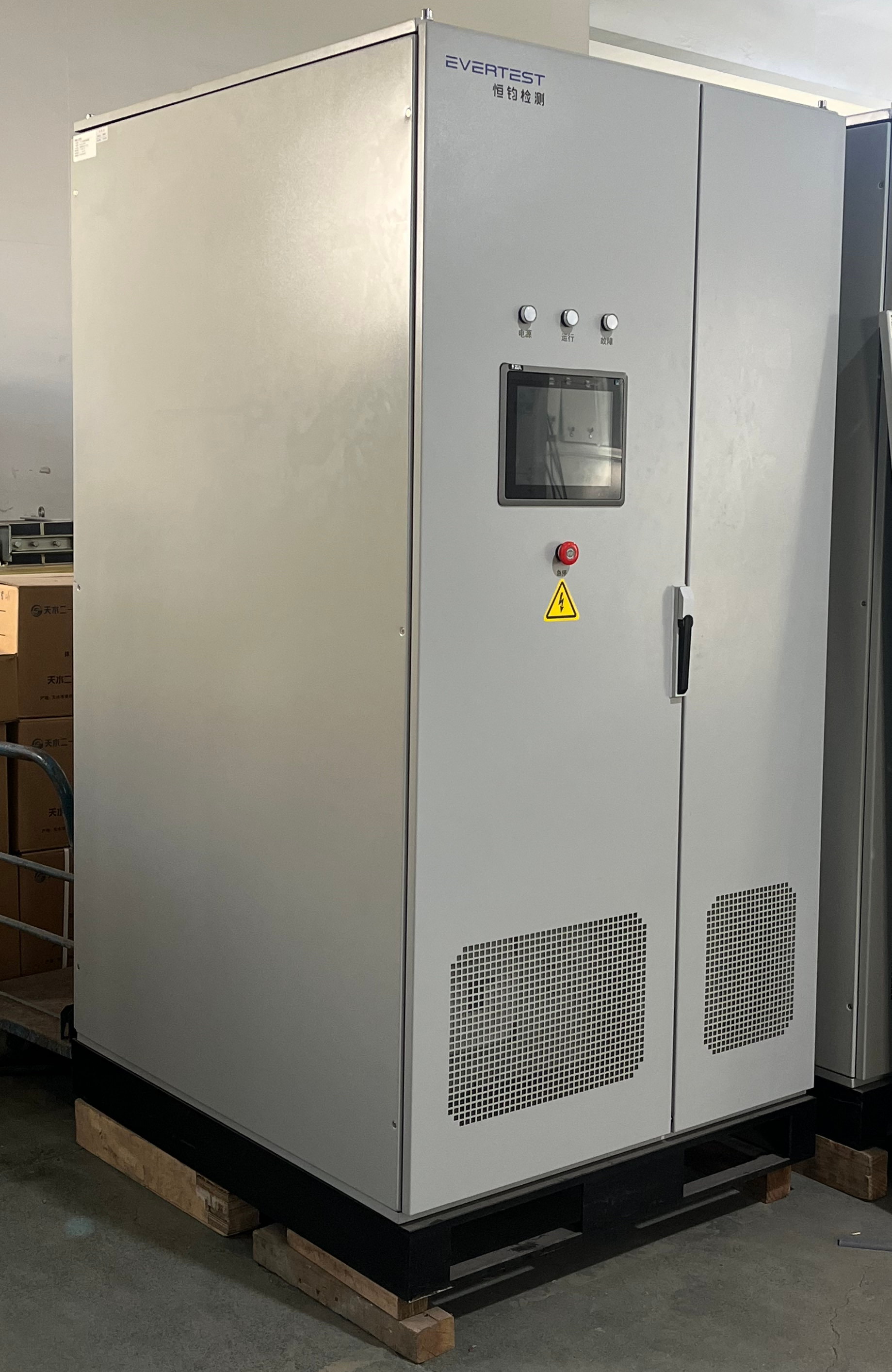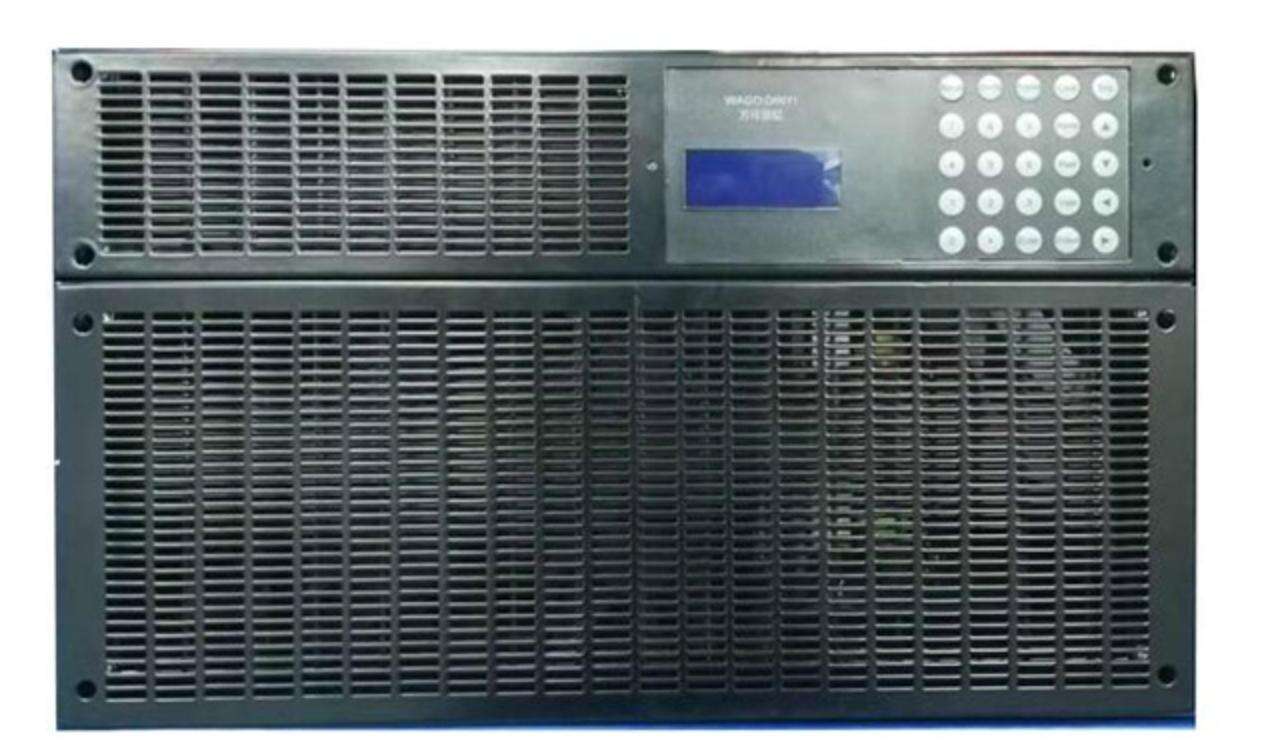regolatore di tensione ad aumento
Un regolatore di tensione boost è un dispositivo fondamentale di elettronica di potenza che eleva in modo efficiente i livelli di tensione CC da un ingresso inferiore a un uscita superiore. Questo componente sofisticato opera attraverso un meccanismo di commutazione che memorizza temporaneamente l'energia in un induttore o condensatore prima di rilasciarla a un livello di tensione amplificato. Il regolatore monitora costantemente la tensione di uscita e regola la sua frequenza di commutazione per mantenere livelli di tensione stabili ed elevate nonostante le variazioni della tensione di ingresso o delle condizioni di carico. I moderni regolatori di tensione boost incorporano funzionalità avanzate come protezione termica, prevenzione del sovracorrente e capacità di avvio morbido per garantire un funzionamento affidabile e proteggere i dispositivi connessi. Questi regolatori trovano ampie applicazioni negli elettronici portatili, nei sistemi di illuminazione LED, nelle installazioni di energia solare e in vari equipaggiamenti industriali dove è necessaria l'elevazione della tensione. La loro capacità di raggiungere un'efficienza elevata, generalmente compresa tra il 85% e il 95%, li rende particolarmente preziosi nei dispositivi a batteria, dove la conservazione dell'energia è cruciale. La dimensione compatta e le capacità di integrazione dei regolatori boost contemporanei consentono progetti spazialmente efficienti nei dispositivi elettronici moderni, mentre la loro versatilità li abilita a gestire una vasta gamma di tensioni di ingresso e requisiti di carico.




